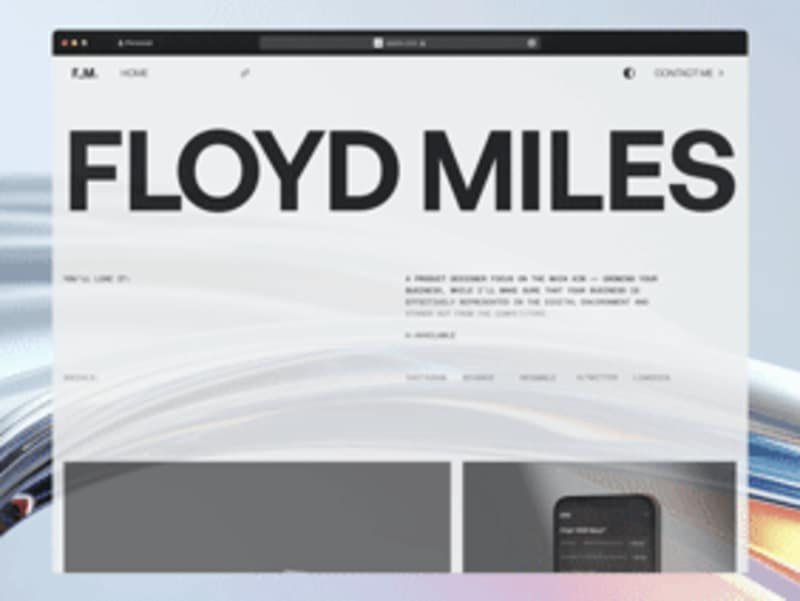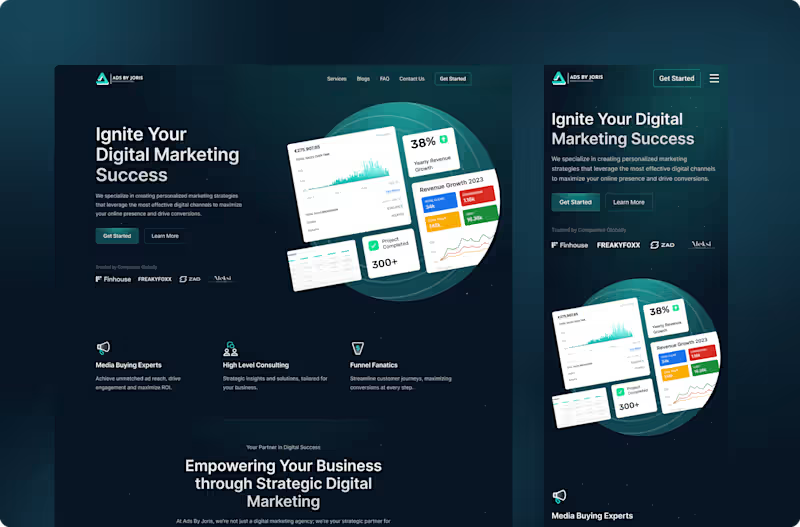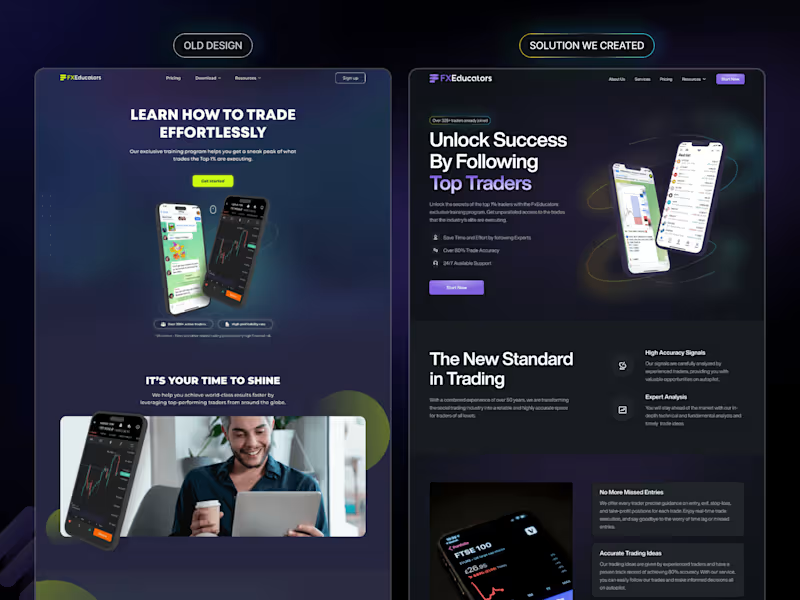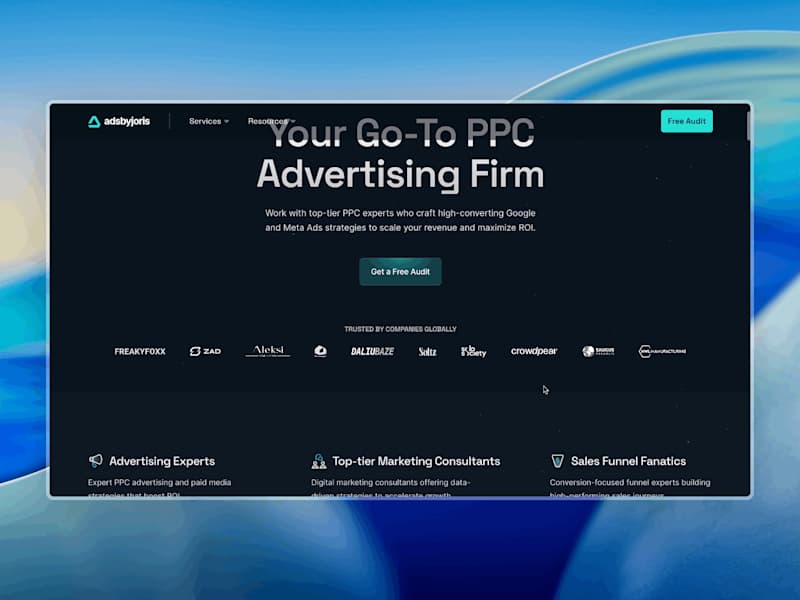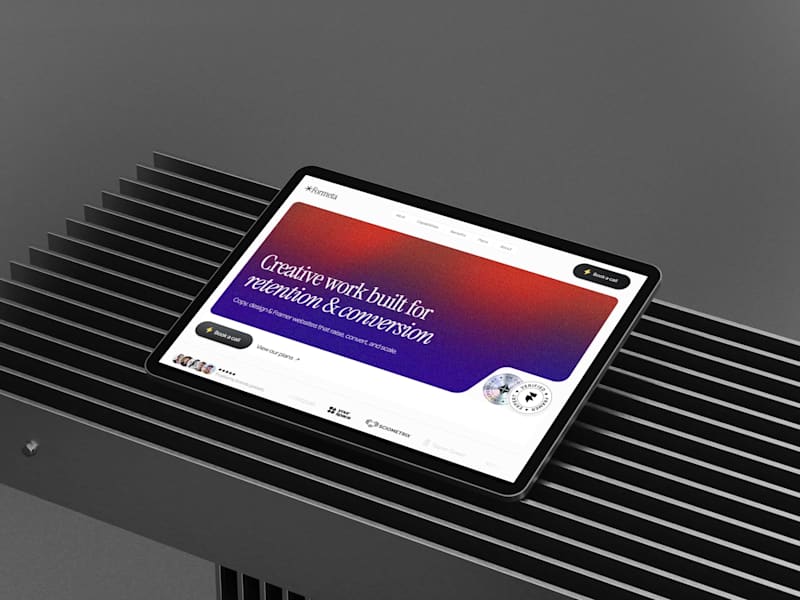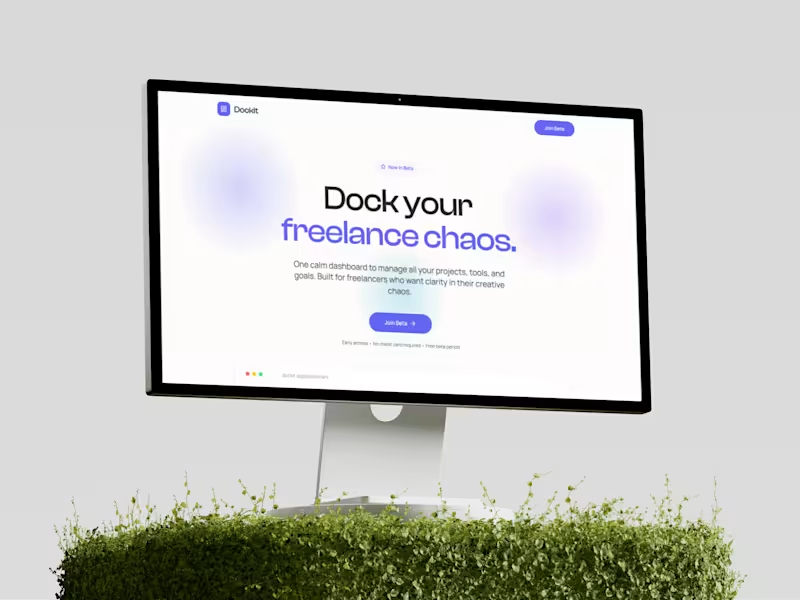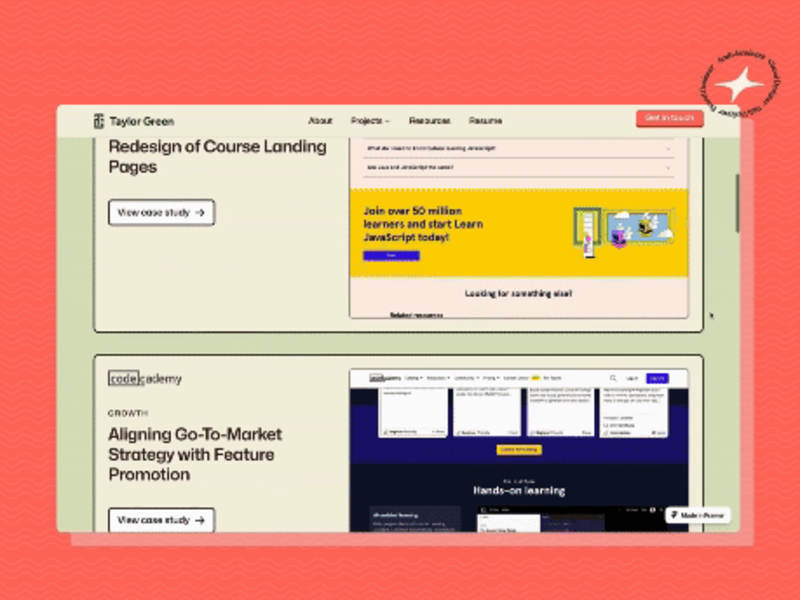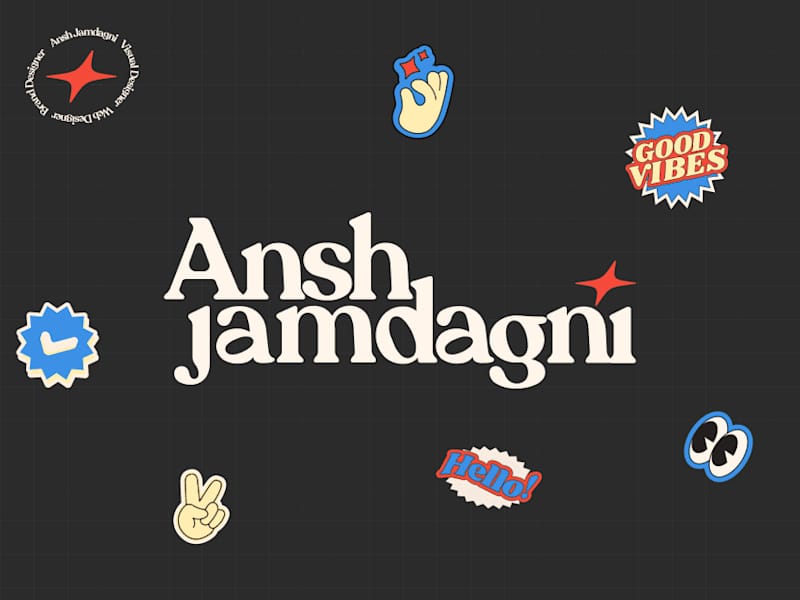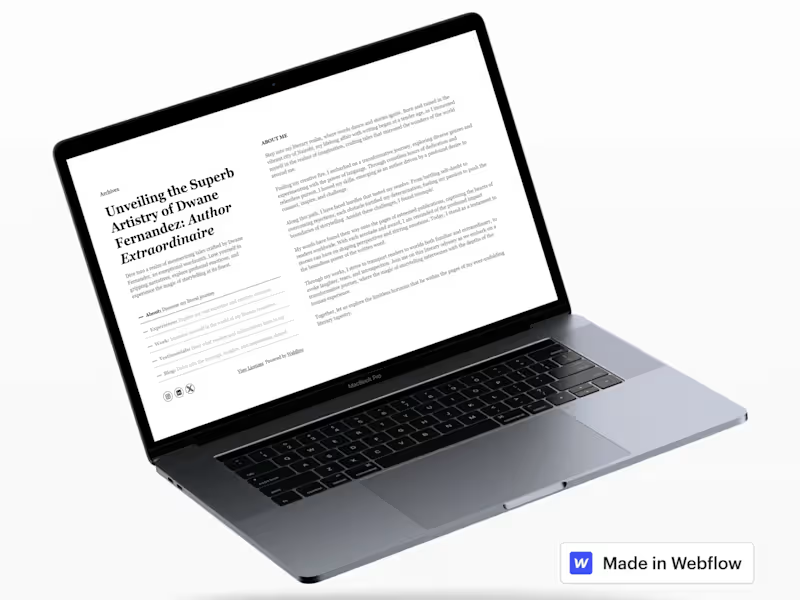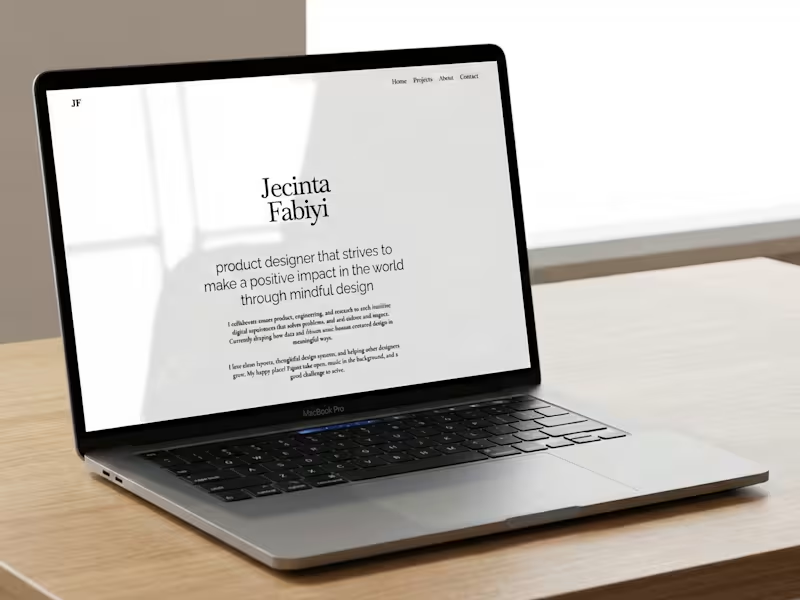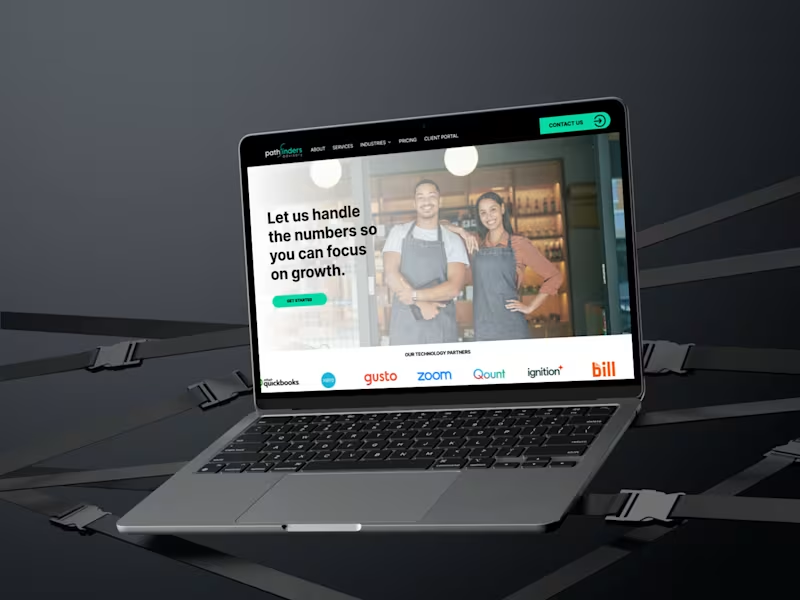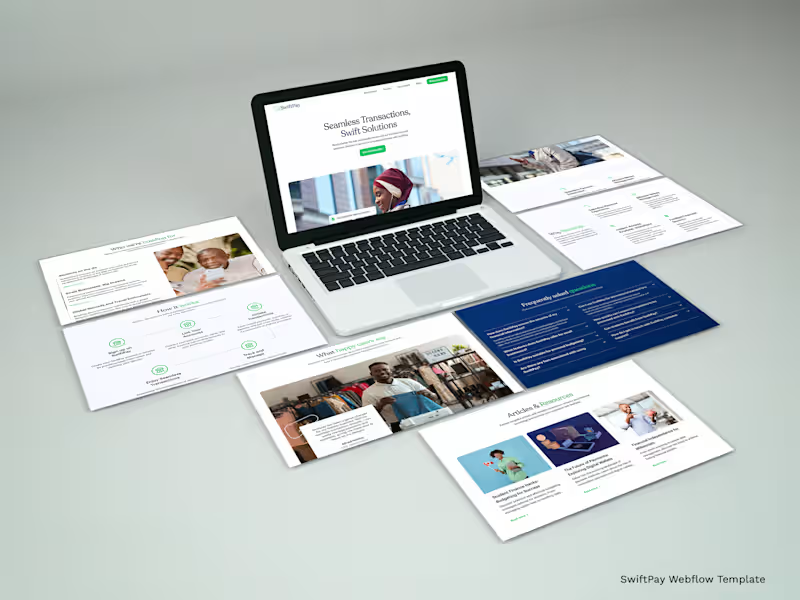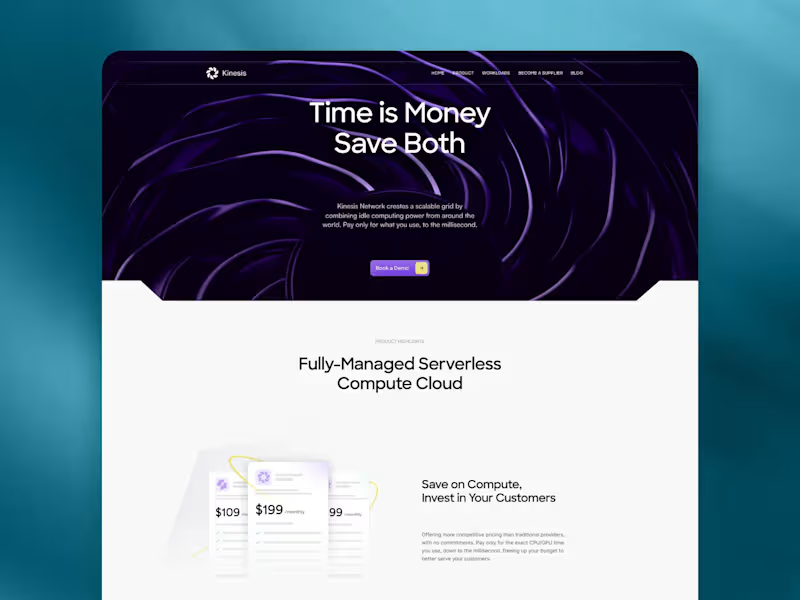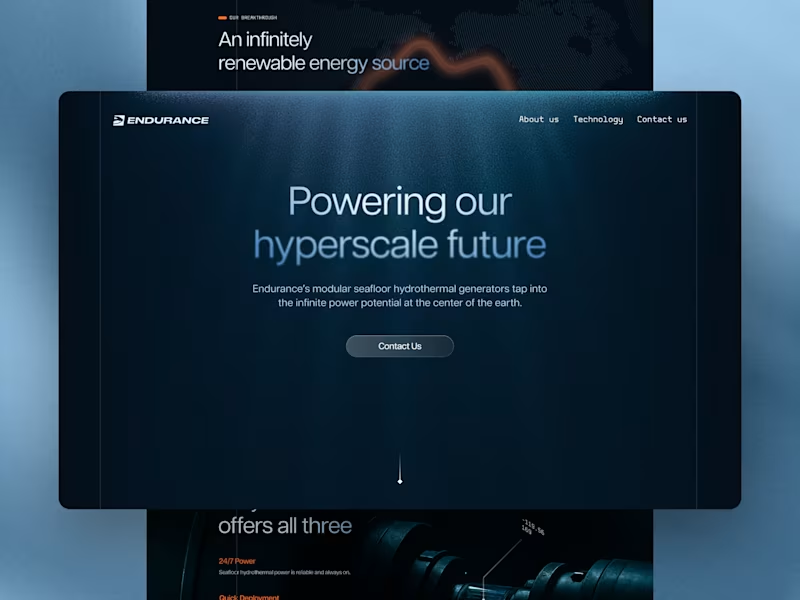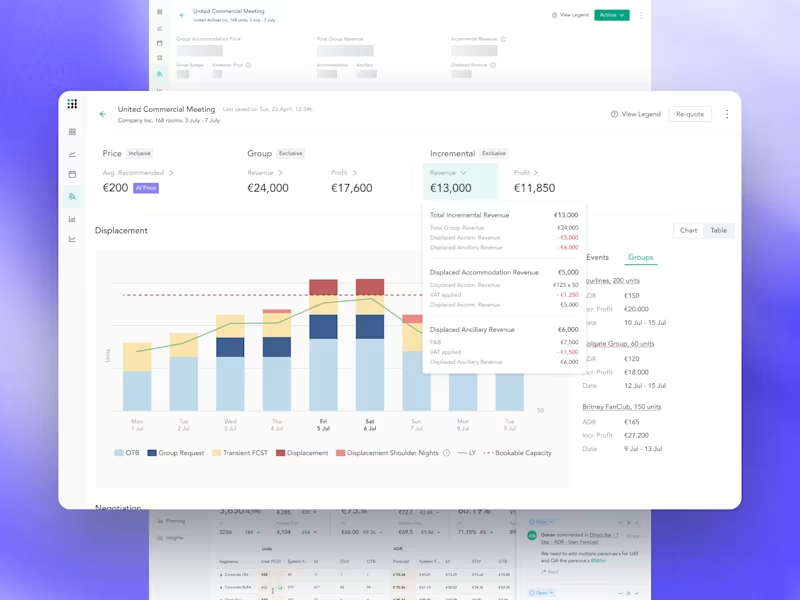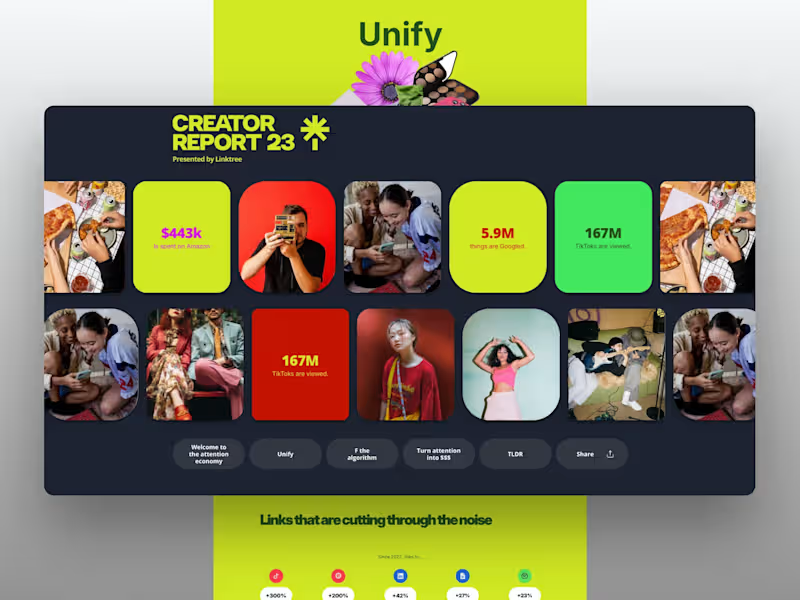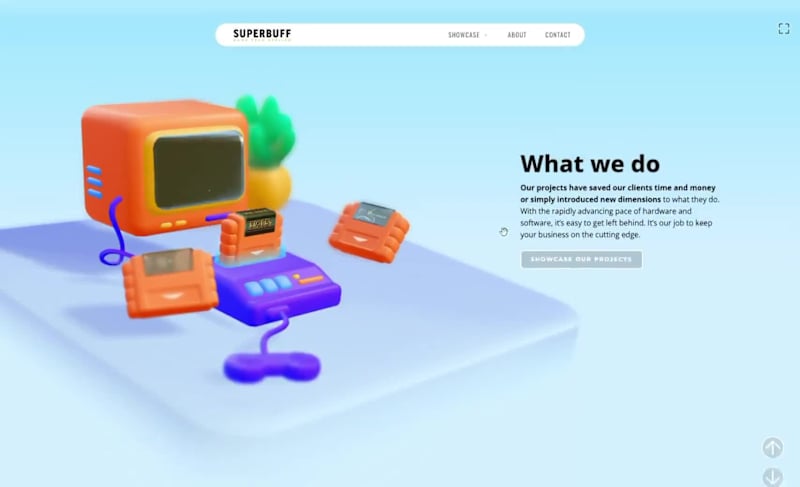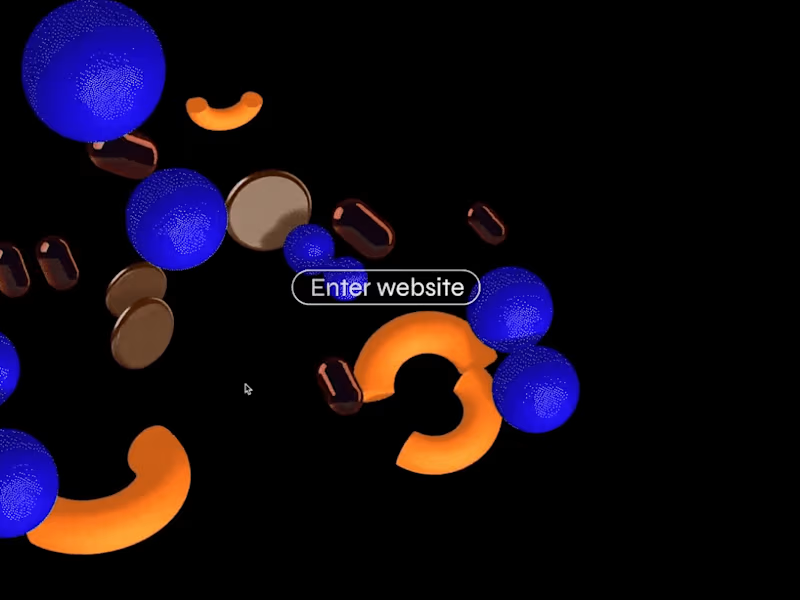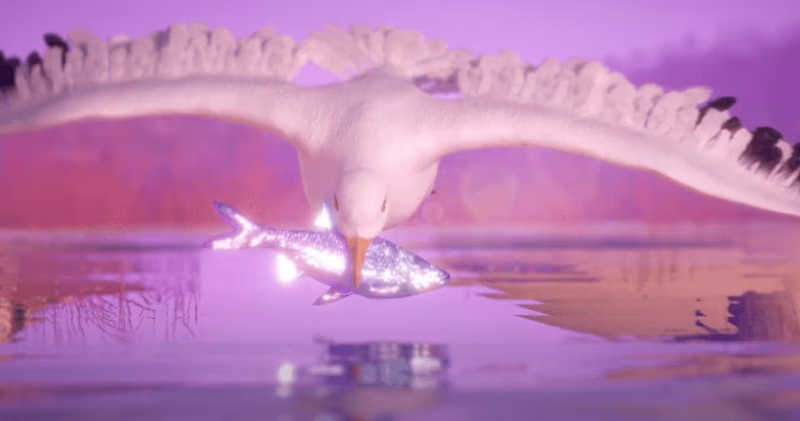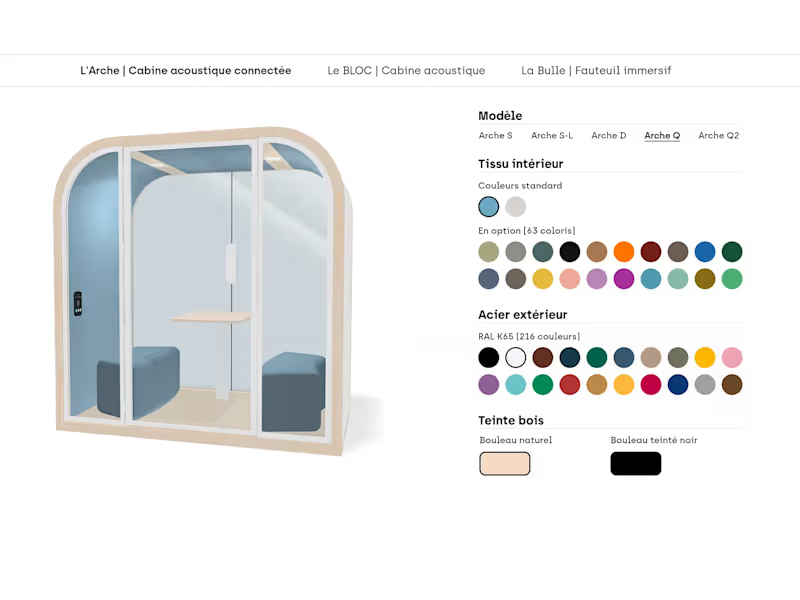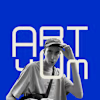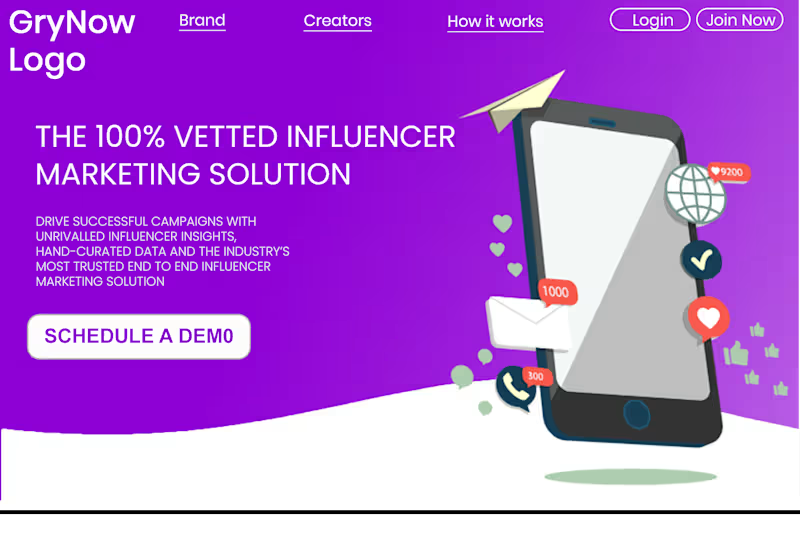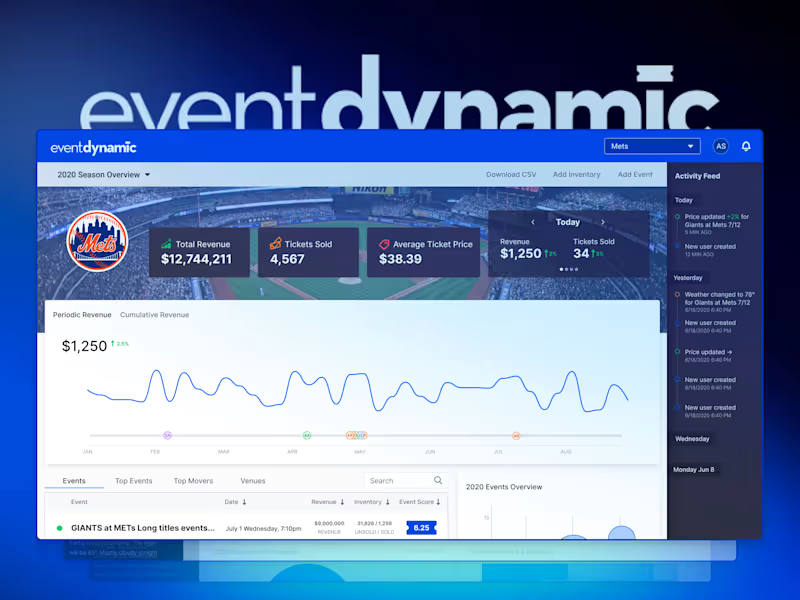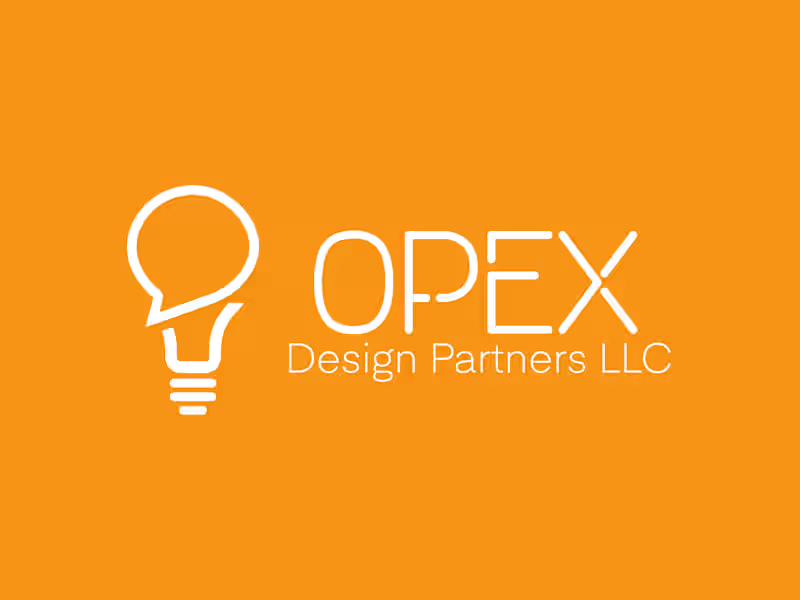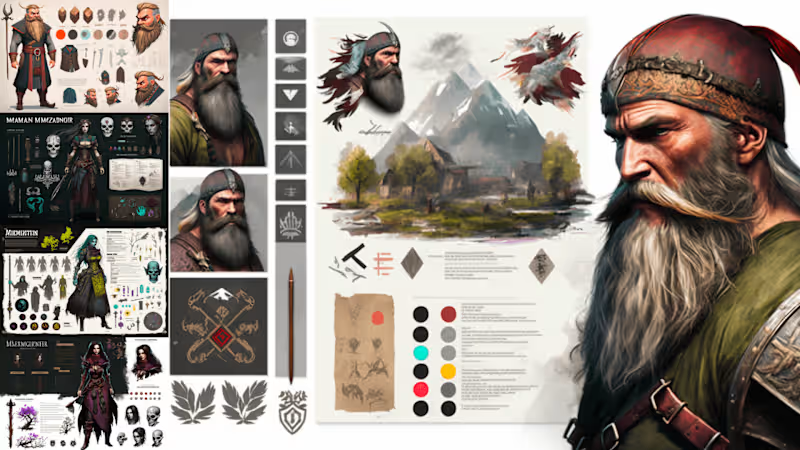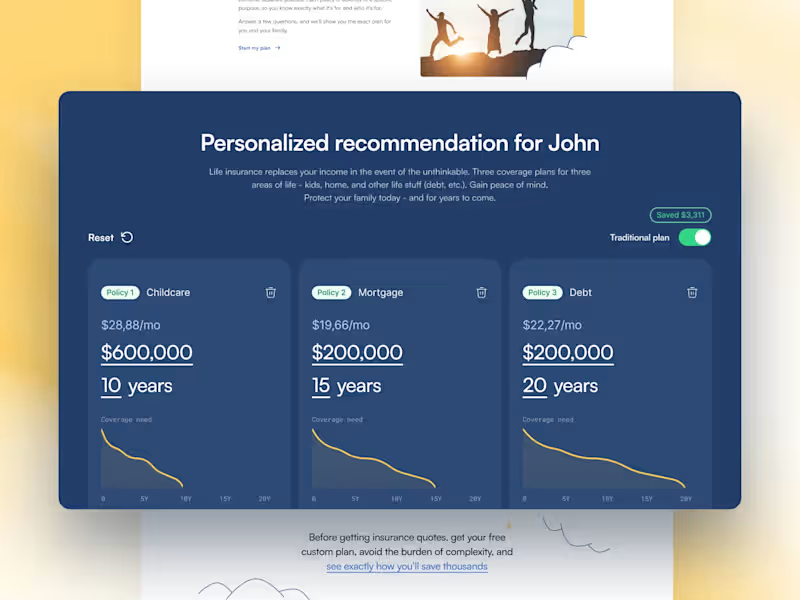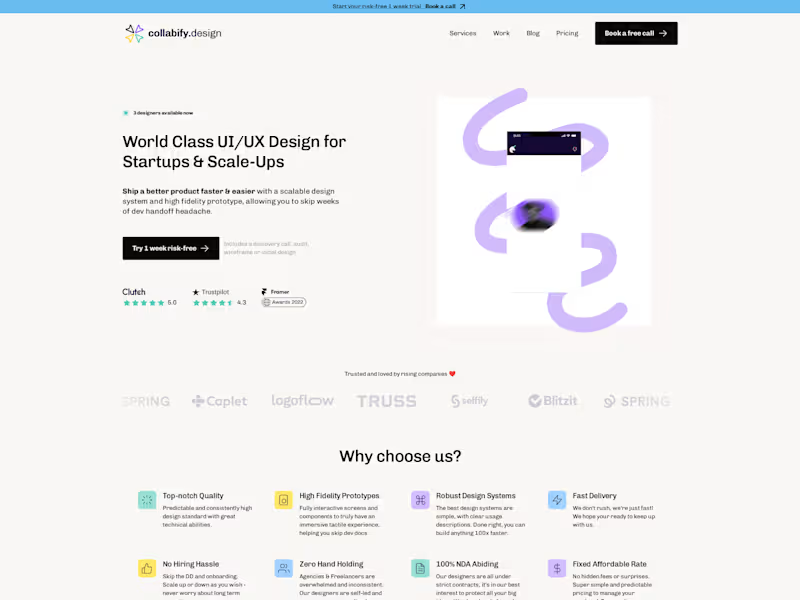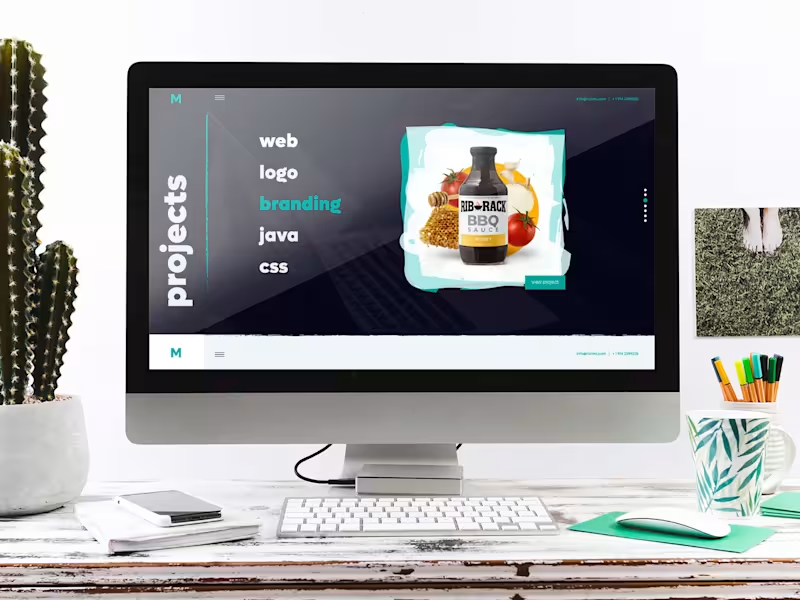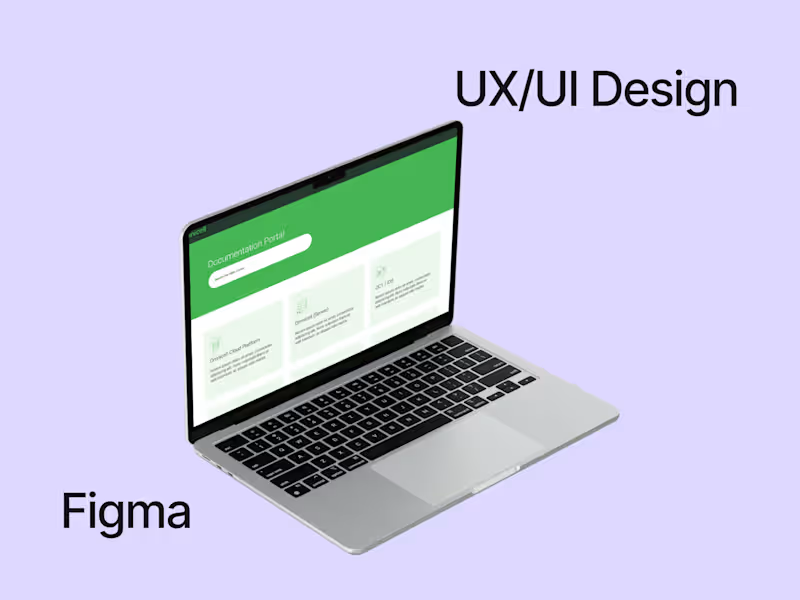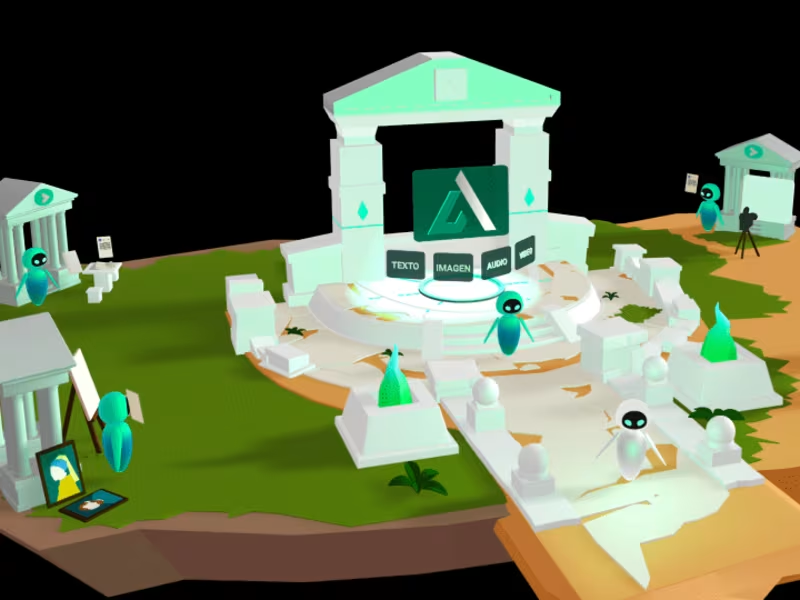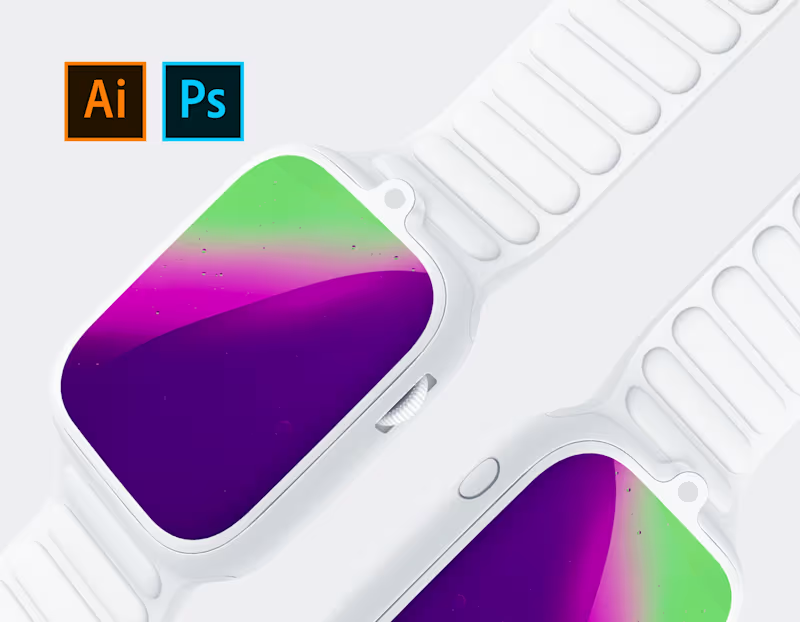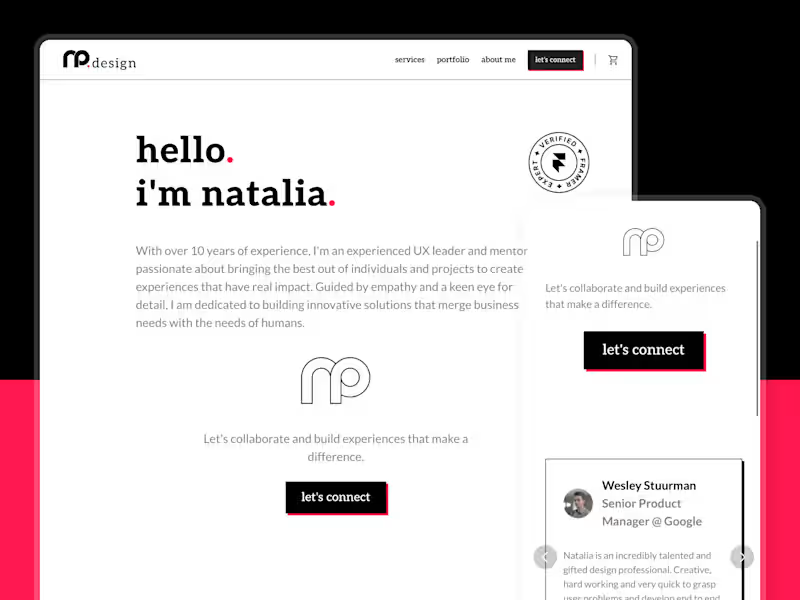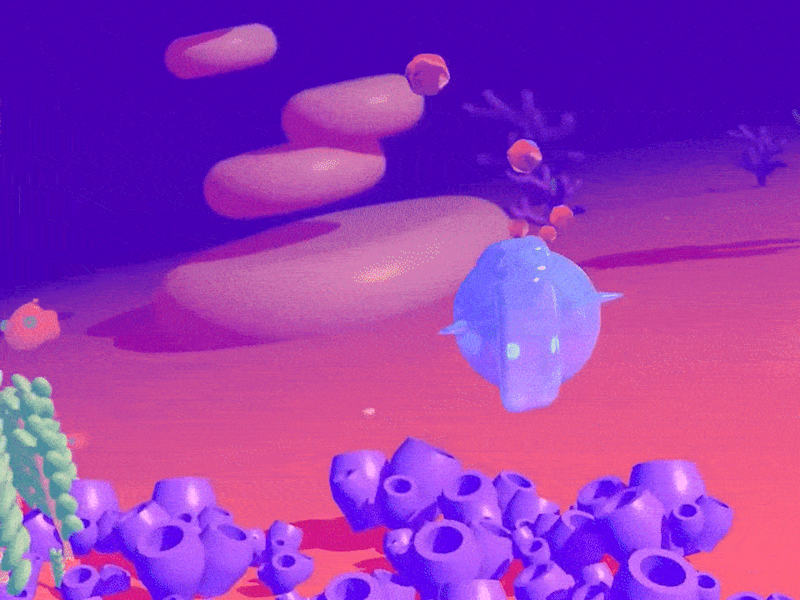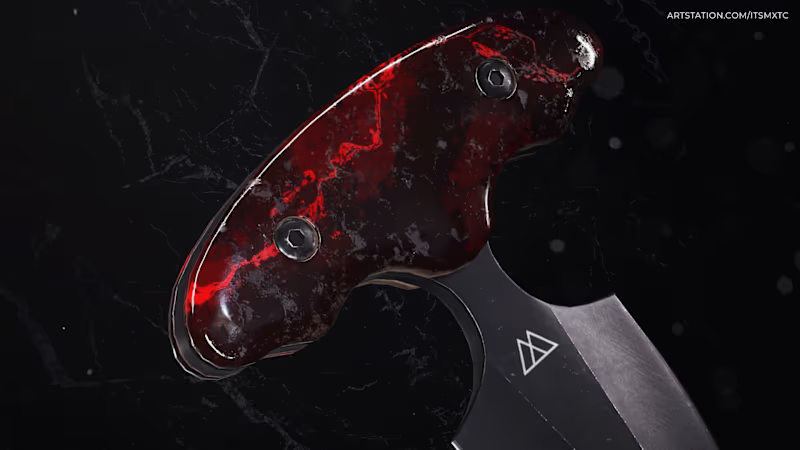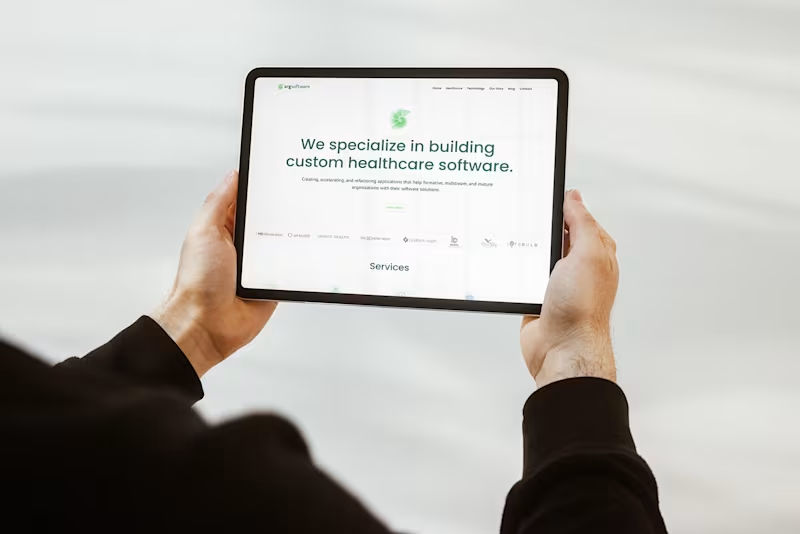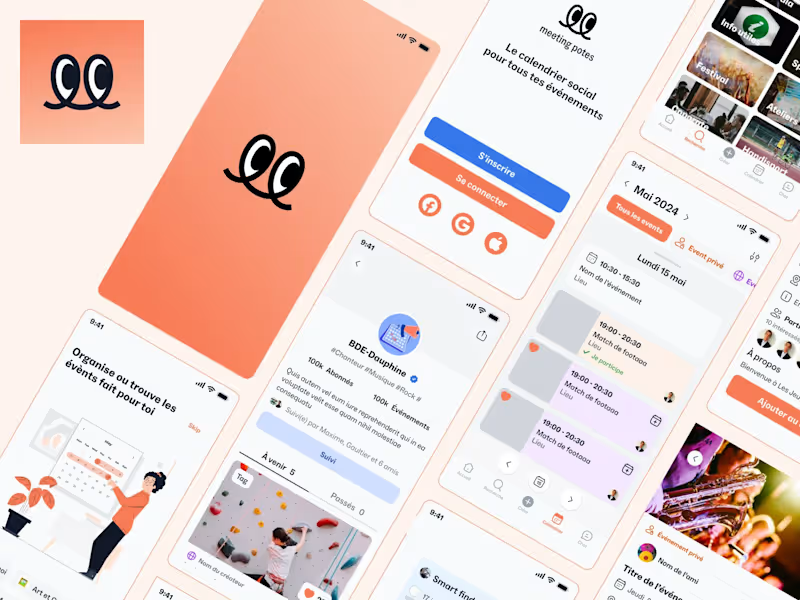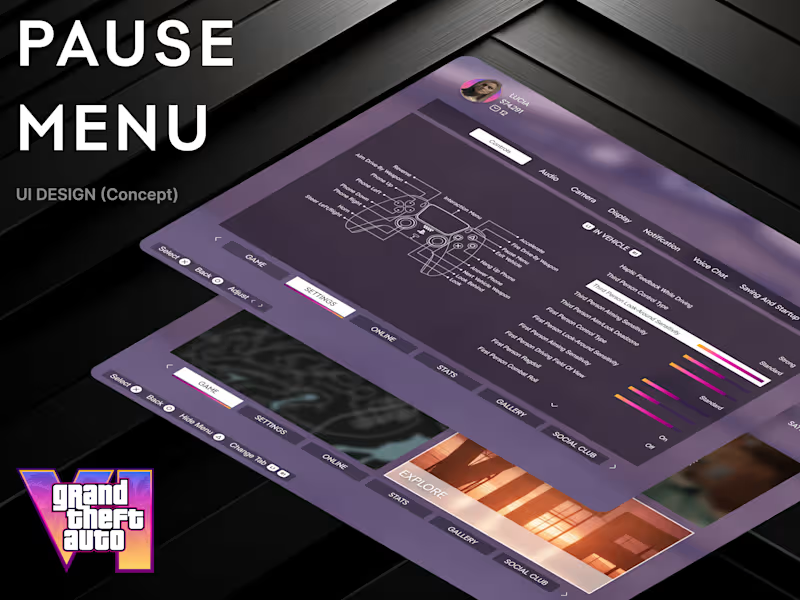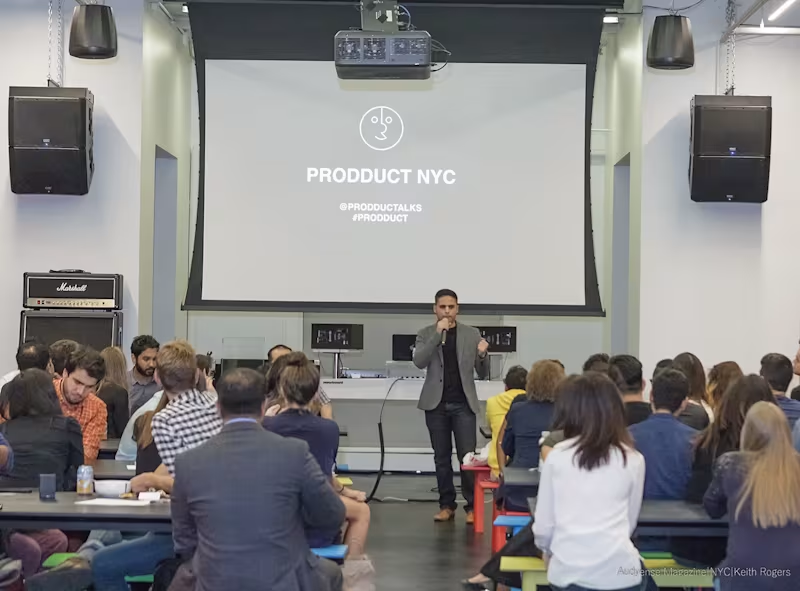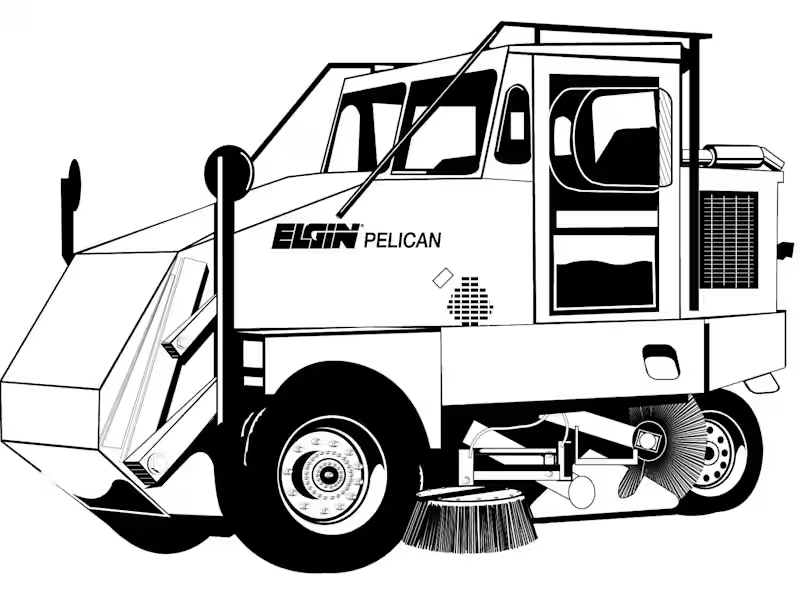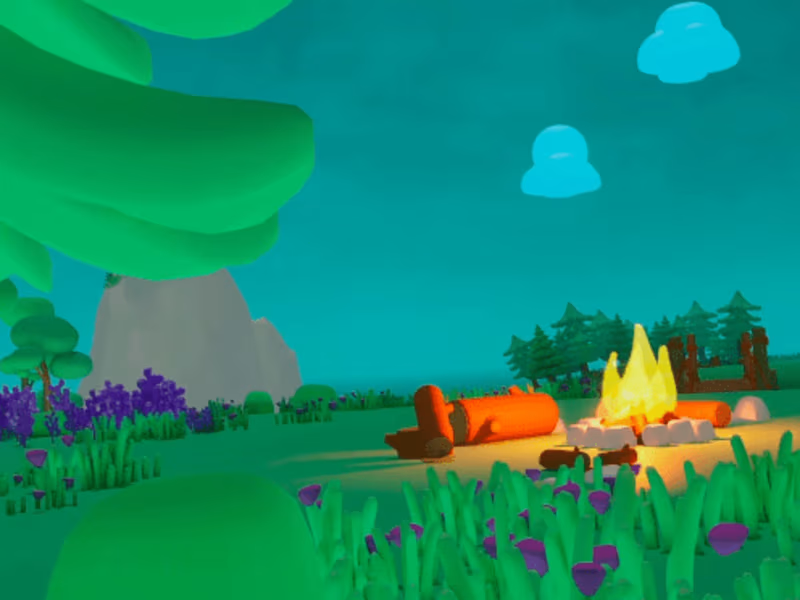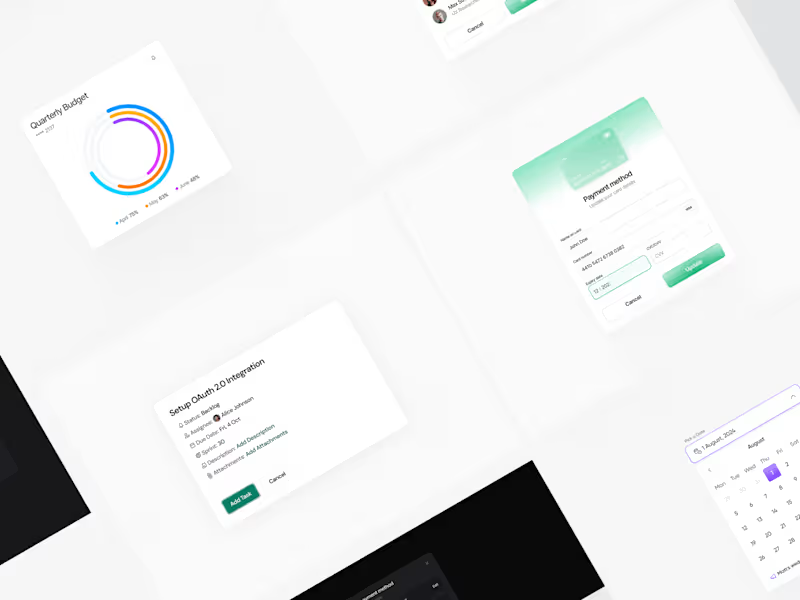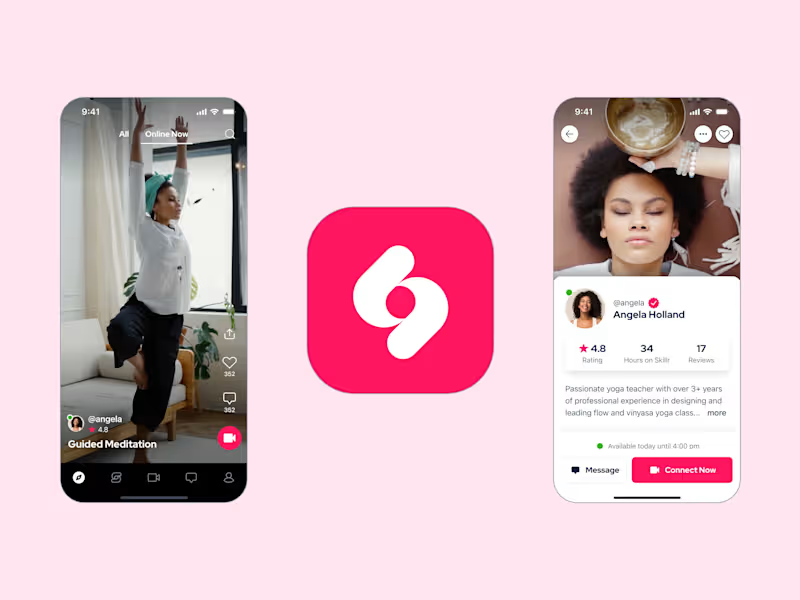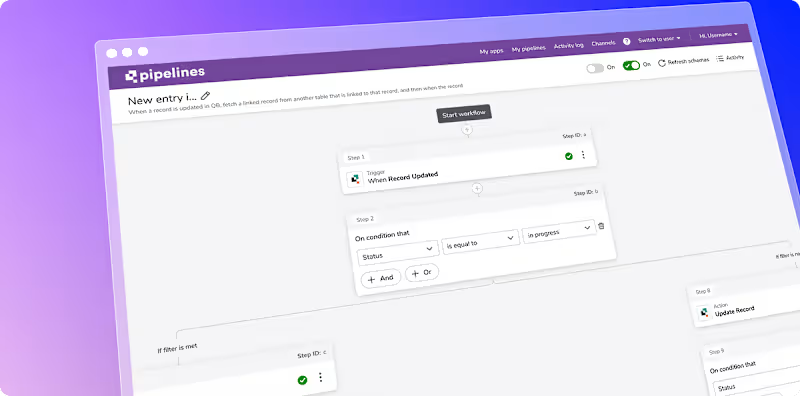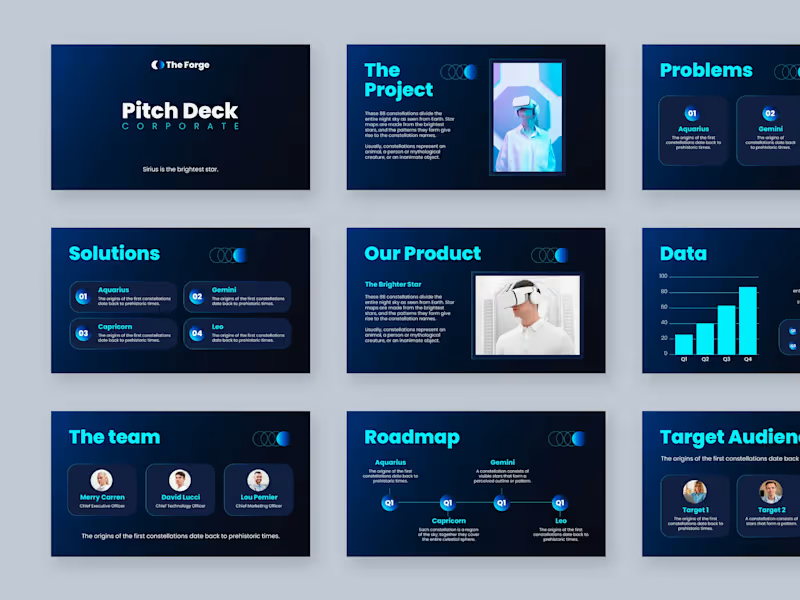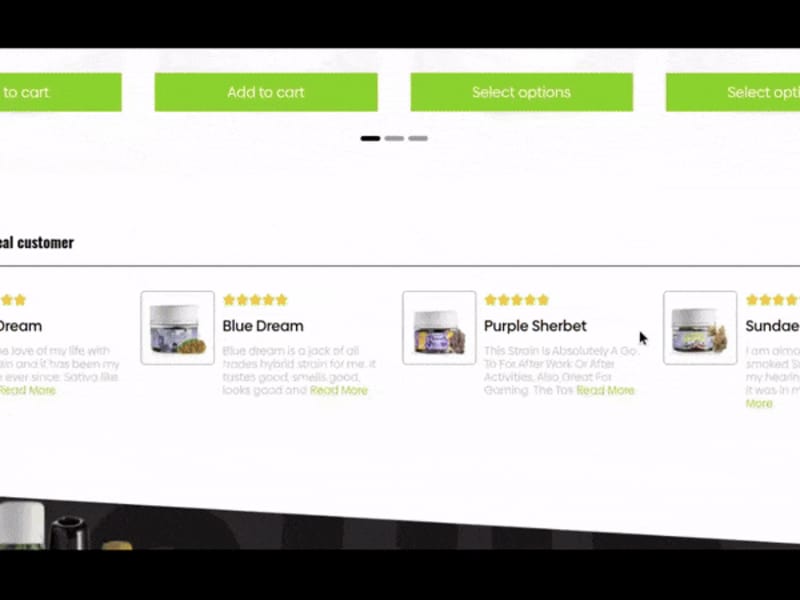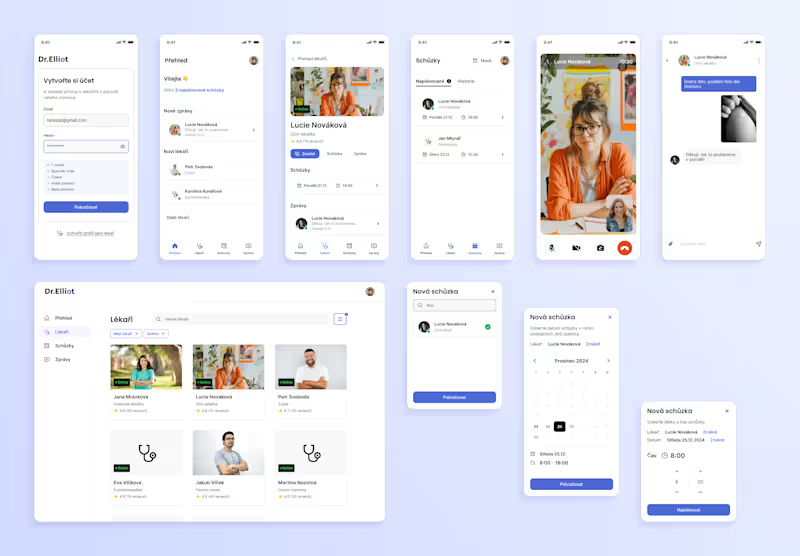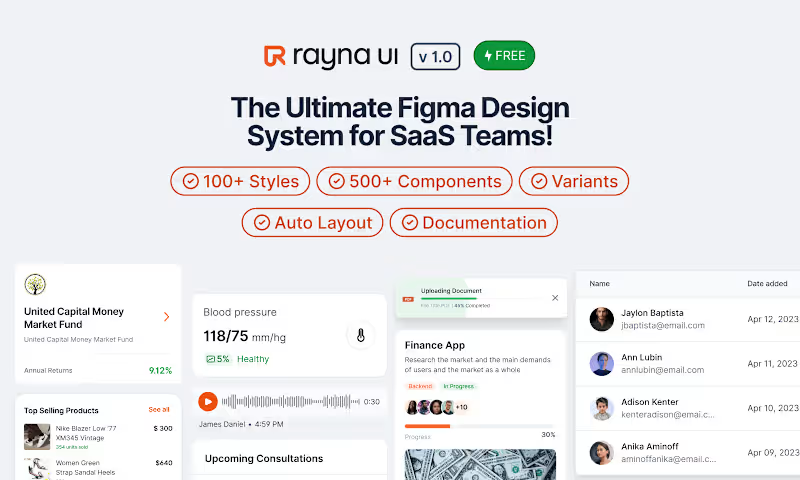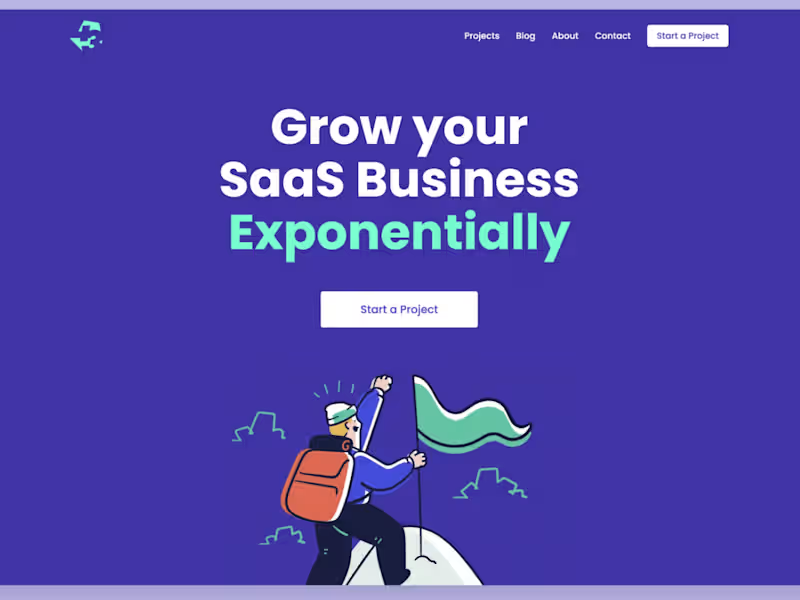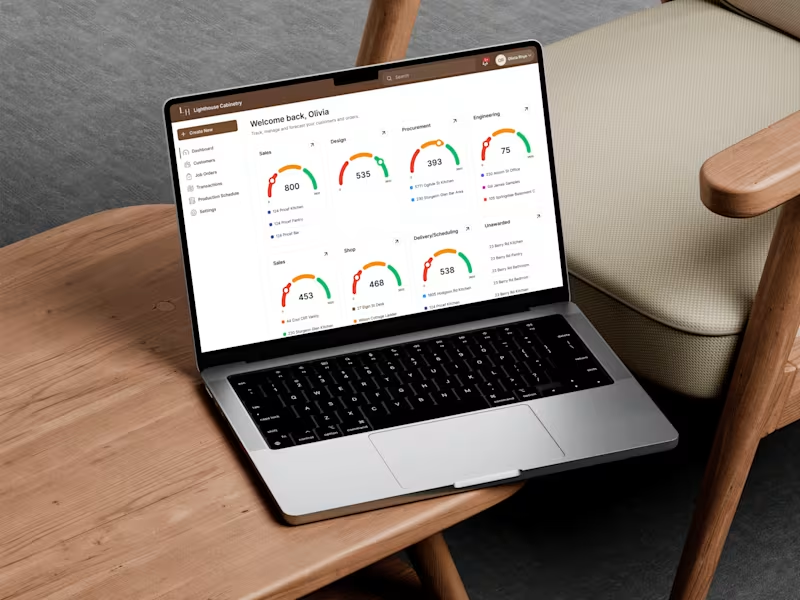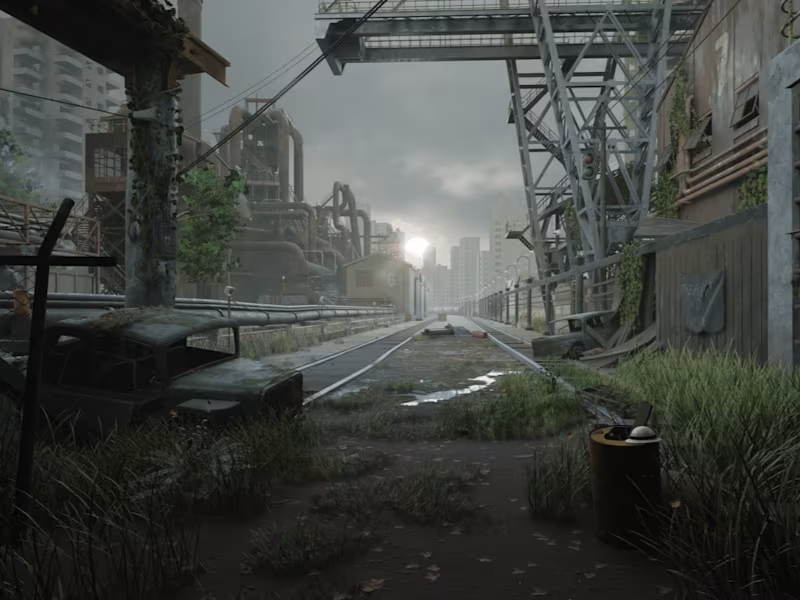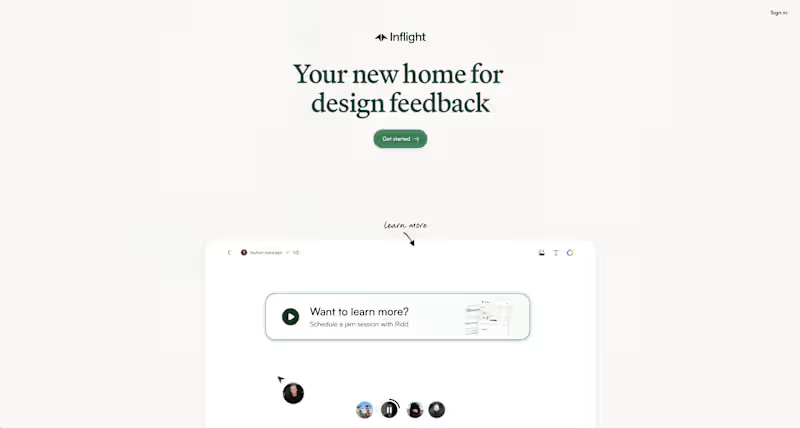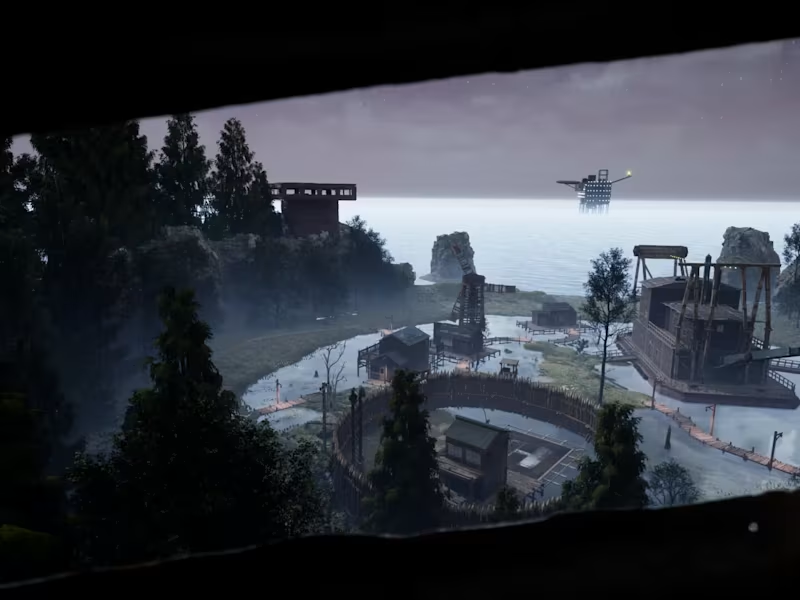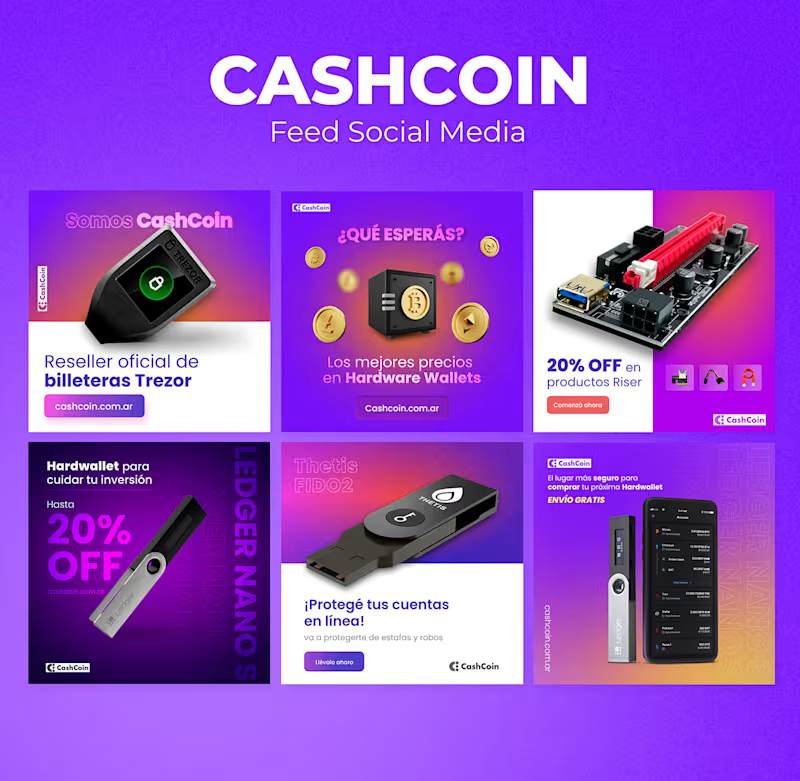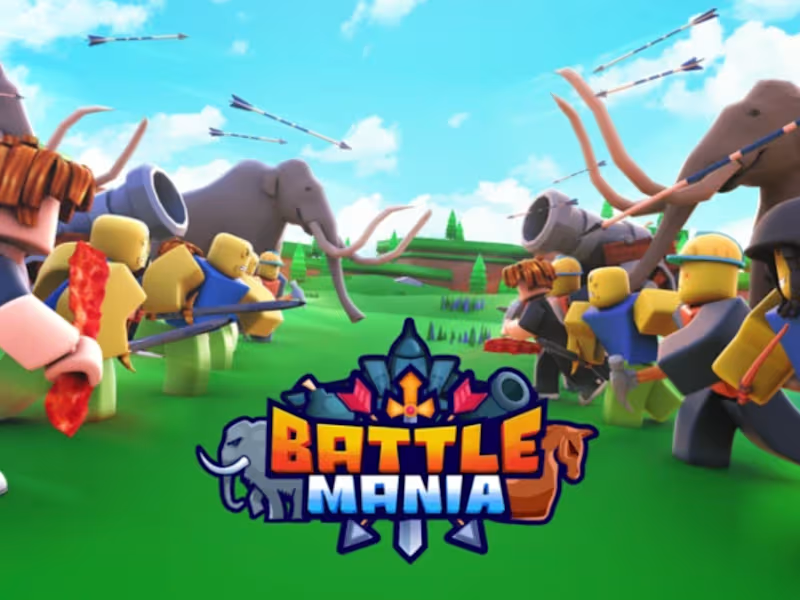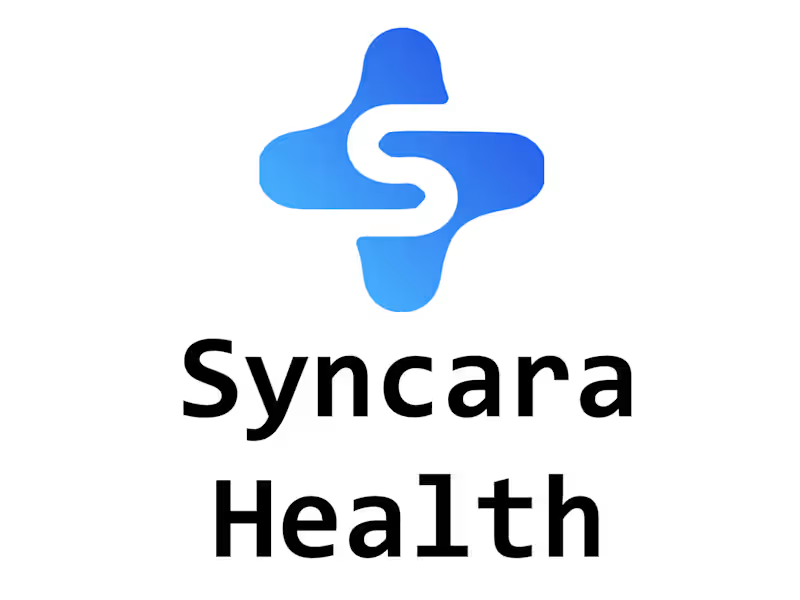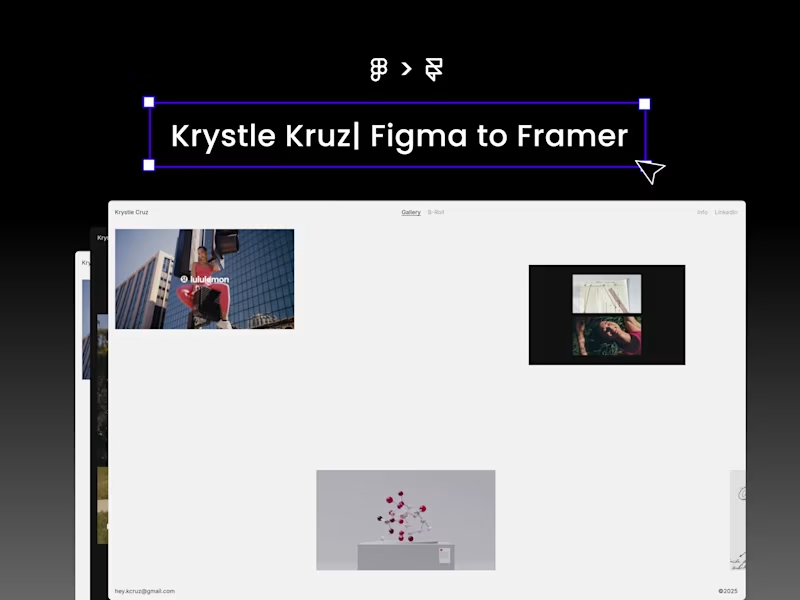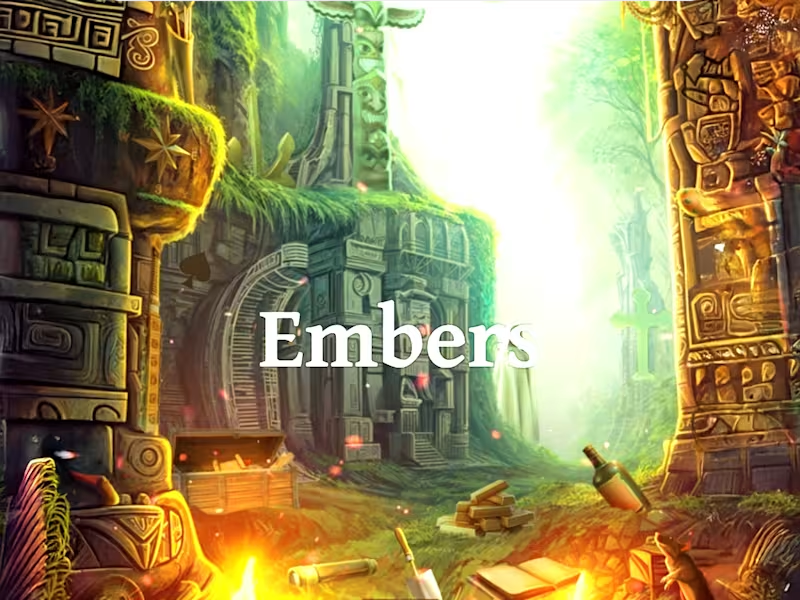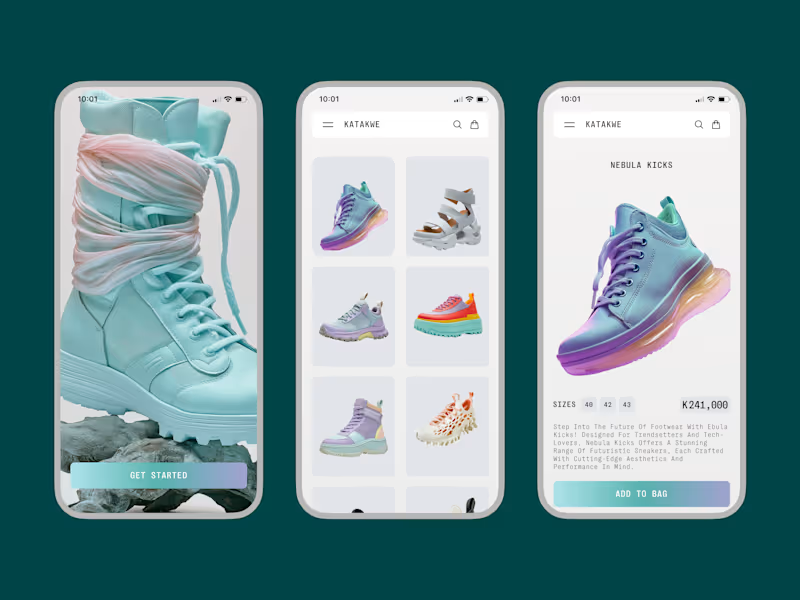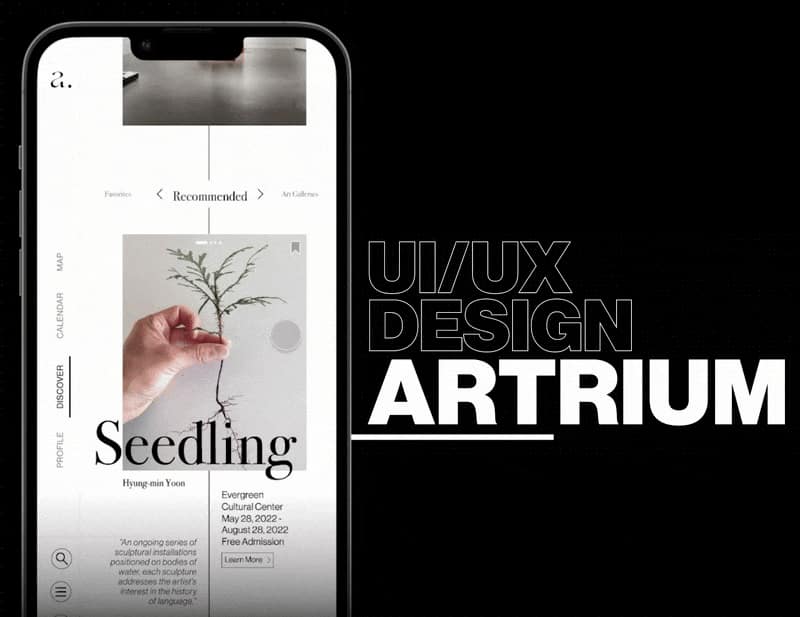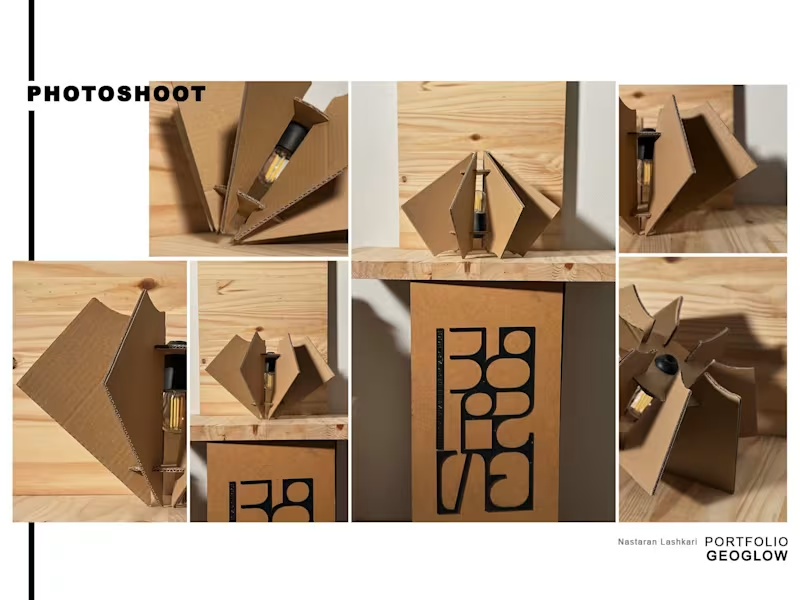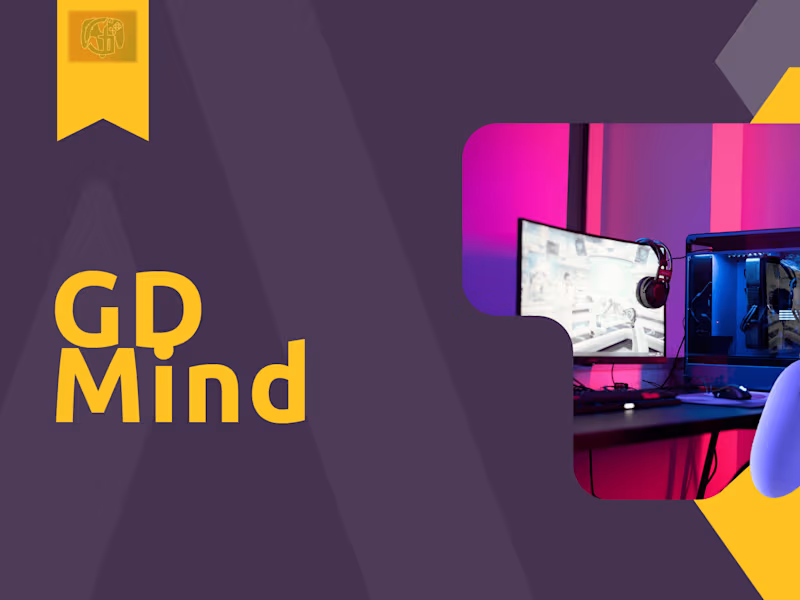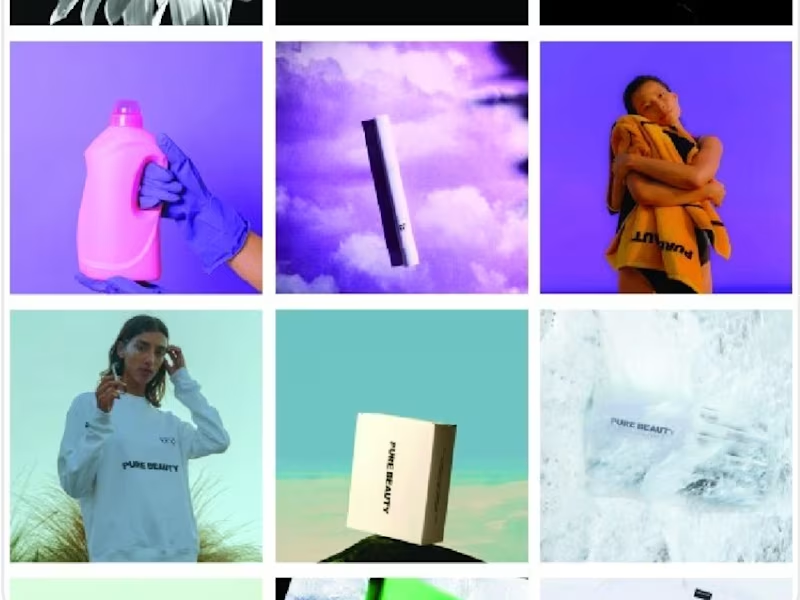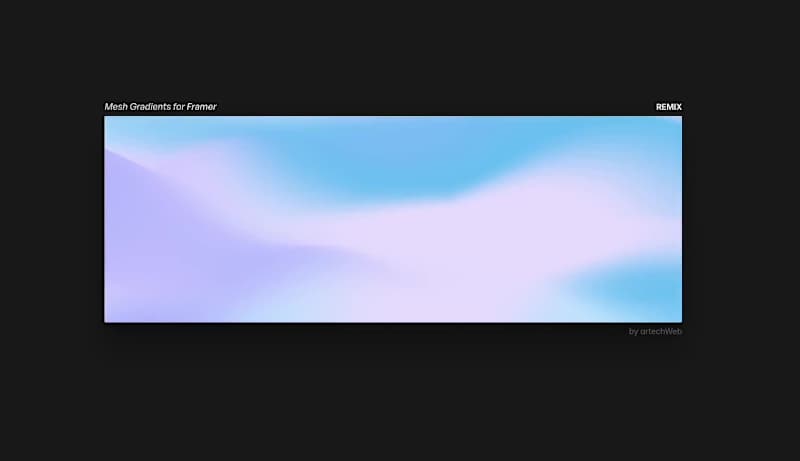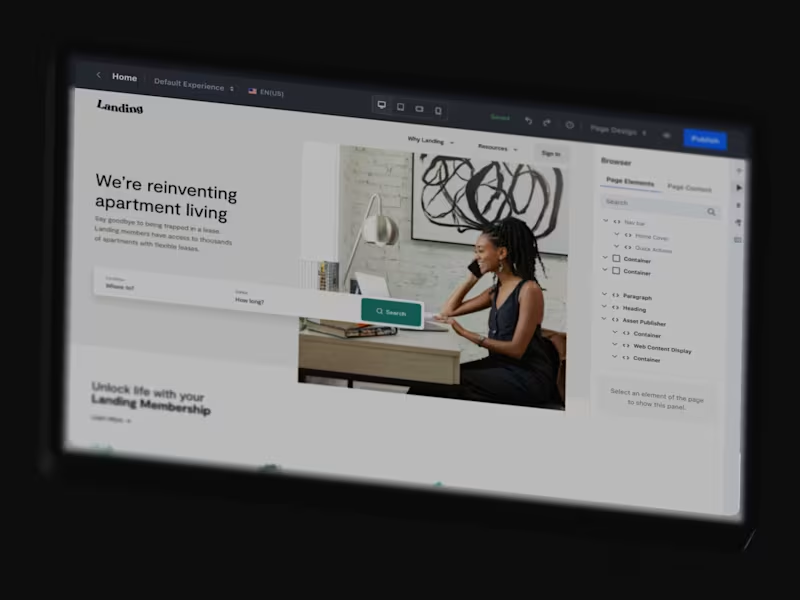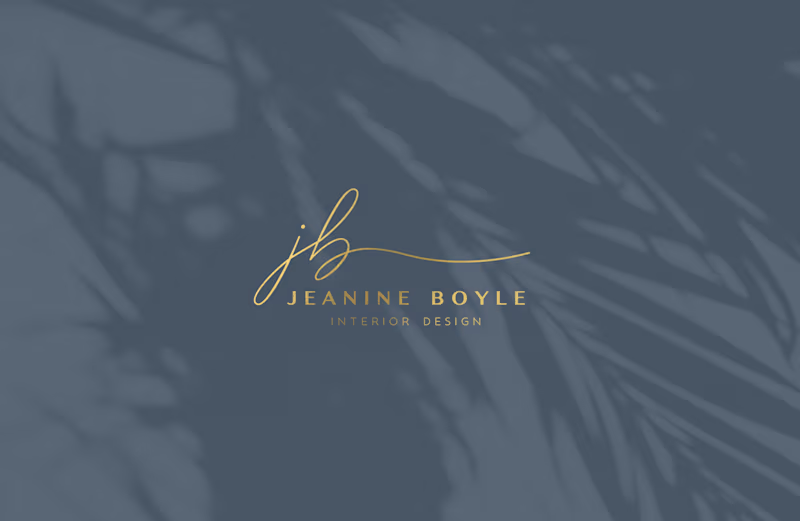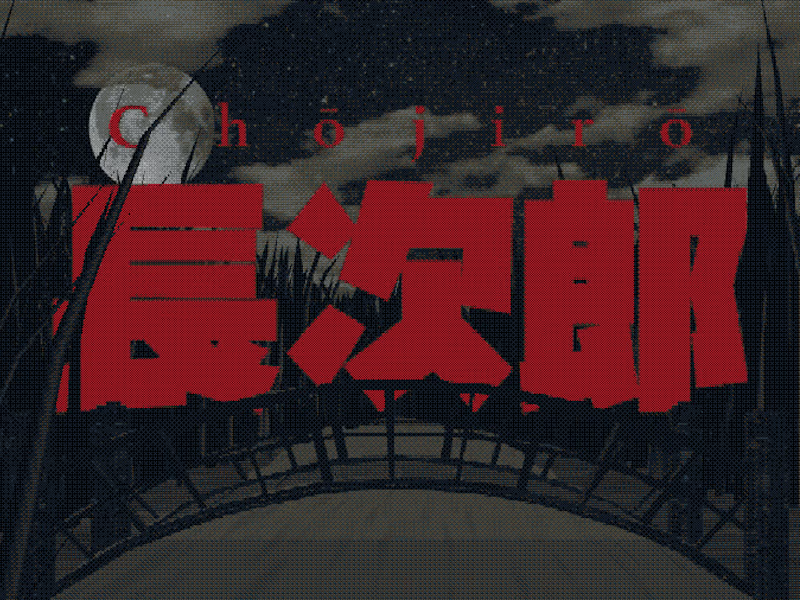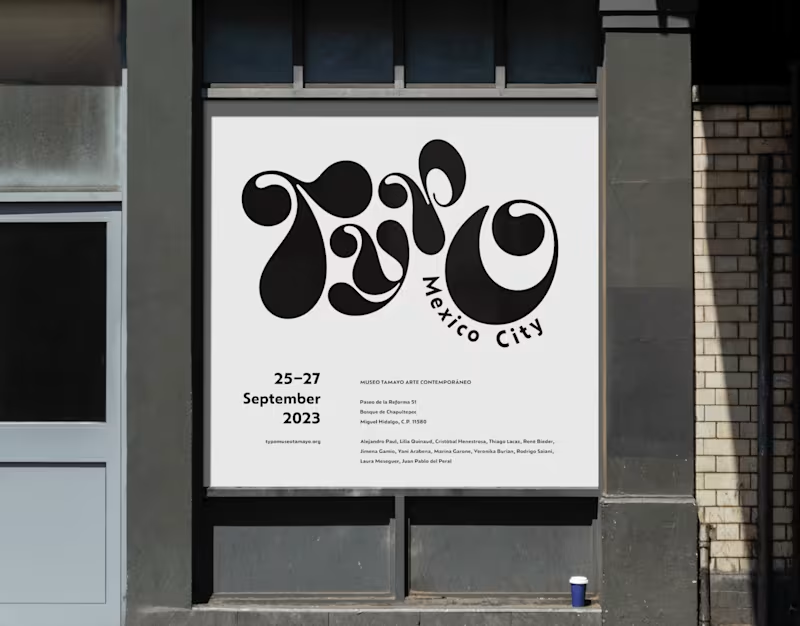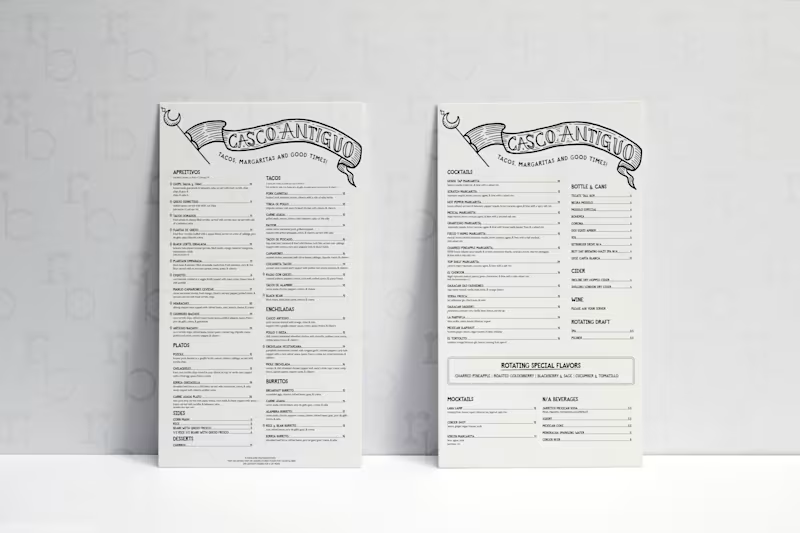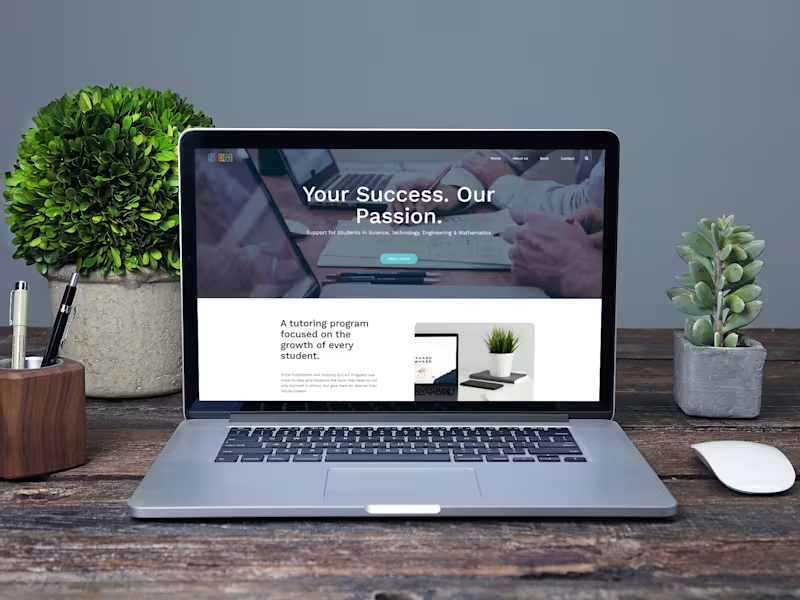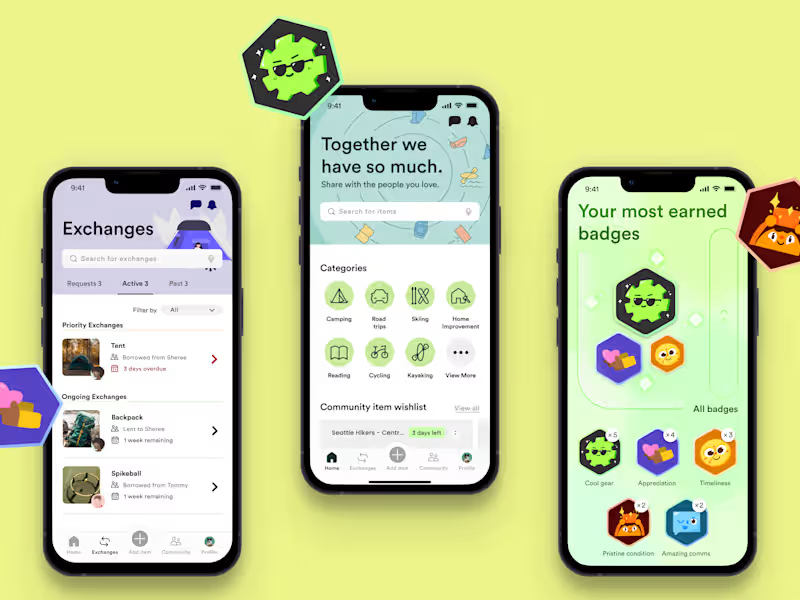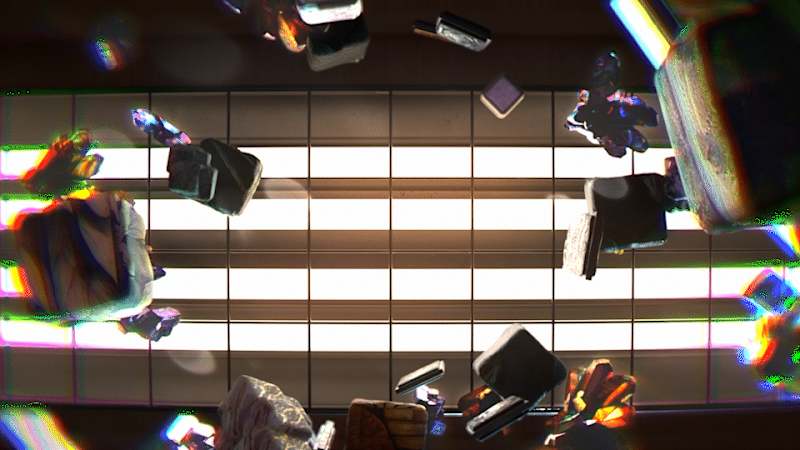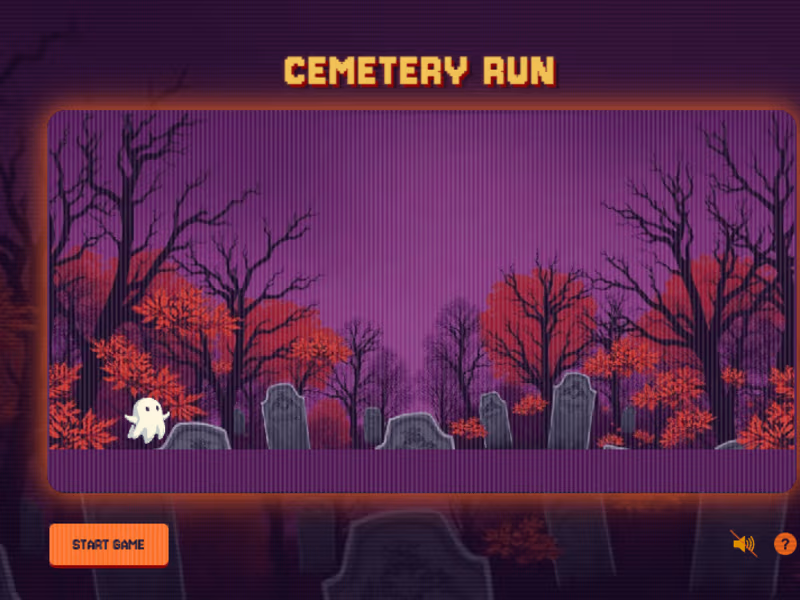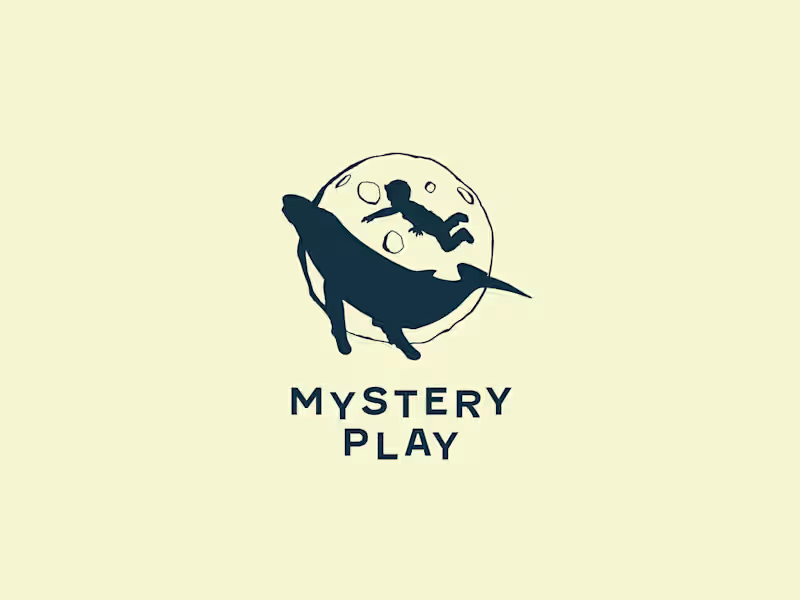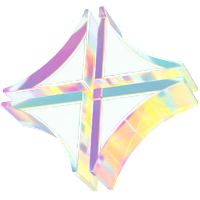How do I write a good job description for a freelance game designer on Contra?
Start with a clear title and be specific about the game designer skills you need. Mention the type of game and the platform it'll be on, like mobile or console. Include any style preferences, like cartoon or realistic graphics. List what you need, like character designs, levels, or animations. This helps designers know if they're a good match.
What should I know about a game designer's portfolio before hiring?
A portfolio shows the designer’s past work, so look for similar projects to yours. Check if they have experience in the style and type of game you want. Look at the creativity in their designs and how they bring characters and worlds to life. This can give you an idea of their skills and if their work matches your vision.
How do I set clear expectations for deliverables with a freelance game designer?
Have a list of all the things you need from the designer, like sketches, finished art, or game assets. Set deadlines for each part, so there’s a clear schedule to follow. Talk about how you’ll review the work and give feedback. This helps make sure both you and the designer know what to expect and when.
Why is it important to discuss the game design process with the freelancer?
Understanding the process helps avoid surprises later. Every designer has a unique way of working, like starting with sketches or digital models. Talk about how they plan and organize their work steps. This helps you align your project needs with their workflow.
How should I communicate with a freelance game designer during the project?
Decide on the best way to stay in contact, like emails or video calls, and how often you'll check in. Regular updates help keep everything on track. It's important to be open and clear when you talk about the progress and any changes needed. Good communication helps the project run smoothly.
What should I include in a contract with a freelance game designer on Contra?
Make sure the contract covers all the details like the work timeline, deliverables, and payment schedule. Include any special terms, like who owns the rights to the art and design after it’s finished. You can also mention how both sides can end the project if needed. A clear contract protects both you and the designer.
How can I support a freelance game designer for the best results?
Share all the information and materials they need, like reference images or game story. Be available to answer questions and provide feedback quickly. Respect the designer’s timelines and creative process. Supporting them well helps them do their best work for your game.
What should I do when the game designer delivers the final assets?
Review all the work carefully to make sure it matches the expectations and requirements. Check if all the files are in the right format and quality for your game. If everything looks good, let the designer know and complete the final steps. This is when you can celebrate the start of your new game!
Why is it important to review a game designer's experience with similar projects?
Experience with similar game projects shows the designer understands your project's needs. It means they've faced similar challenges and know how to solve them. Reviewing this experience can help you feel more confident that they'll deliver what you're looking for in your game.
How do milestones help in managing a game design project?
Milestones mark important points in the project, like when a character design is finished or a level is done. They help keep everything on schedule by breaking the work into smaller parts. Checking off each milestone lets both you and the designer see the progress and stay focused until the project is done.
Who is Contra for?
Contra is designed for both freelancers (referred to as "independents") and clients. Freelancers can showcase their work, connect with clients, and manage projects commission-free. Clients can discover and hire top freelance talent for their projects.
What is the vision of Contra?
Contra aims to revolutionize the world of work by providing an all-in-one platform that empowers freelancers and clients to connect and collaborate seamlessly, eliminating traditional barriers and commission fees.

- $10k+
- Earned
- 29x
- Hired
- 4.9
- Rating
- 36
- Followers
expert
Certified Partner

- $25k+
- Earned
- 29x
- Hired
- 5.0
- Rating
- 508
- Followers
Top
expert

- $5k+
- Earned
- 10x
- Hired
- 5.0
- Rating
- 14
- Followers
Certified Partner
expert

- $100k+
- Earned
- 75x
- Hired
- 4.7
- Rating
- 251
- Followers
expert
Club

- $1k+
- Earned
- 2x
- Hired
- 5.0
- Rating
- 80
- Followers
expert




























